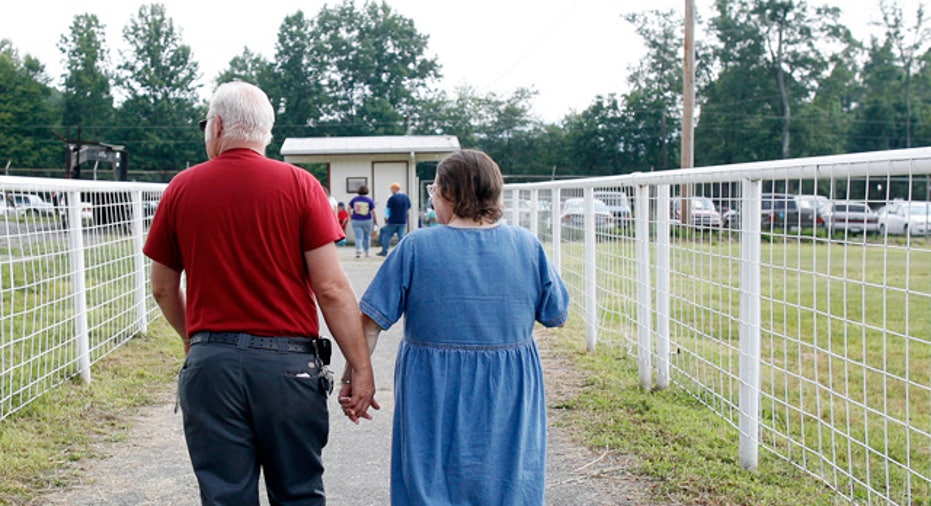Don't Need Social Security Yet? Don't Take It

Dear Dr. Don, My husband is 64 and planning to retire at 66. I started collecting Social Security at 62, which was five months ago. We do not need the money for living expenses yet, and none of it has been spent.
I heard that if I give the money back and wait until I'm 66, I'll be able to collect a higher amount, even if I have not worked since age 60. Is this true, and if so, how does this work? -- Janice Juxtaposition
Dear Janice, It is true that you can change your mind about collecting Social Security retirement benefits by withdrawing your application to receive benefits within the first year of collecting benefits. You repay the benefits received, and file for benefits at a later date.
Waiting until your full retirement age to collect benefits eliminates the reduction in benefits you experienced by applying for benefits at age 62. You can even decide to wait past full retirement age and earn deferred retirement credits up to age 70.
To withdraw your application, fill out Social Security Form SSA-251, including the reason you want to withdraw your application on the form, and send it to the Social Security Administration. The Social Security Administration will notify you when there is a decision about your withdrawal request. You have 60 days to cancel an approved withdrawal request. After that time period, you lose any possible entitlement for the period covered by your original application for benefits.
Not working for six years prior to collecting benefits will impact the average earnings used to calculate your retirement benefit. You can use the Social Security Administration's Retirement Estimator or its Benefit Calculators to see how this will affect your monthly benefit amount, or talk to someone at the Social Security office in your area.
Still, waiting until at least full retirement age to collect your benefits makes financial sense, especially since you don't need the money for living expenses. The reduction in benefits from starting at age 62 stays with you throughout retirement unless or until you collect a survivor's benefit based on your spouse's retirement benefit.
Bankrate's content, including the guidance of its advice-and-expert columns and this website, is intended only to assist you with financial decisions. The content is broad in scope and does not consider your personal financial situation. Bankrate recommends that you seek the advice of advisers who are fully aware of your individual circumstances before making any final decisions or implementing any financial strategy. Please remember that your use of this website is governed by Bankrate's Terms of Use.



















